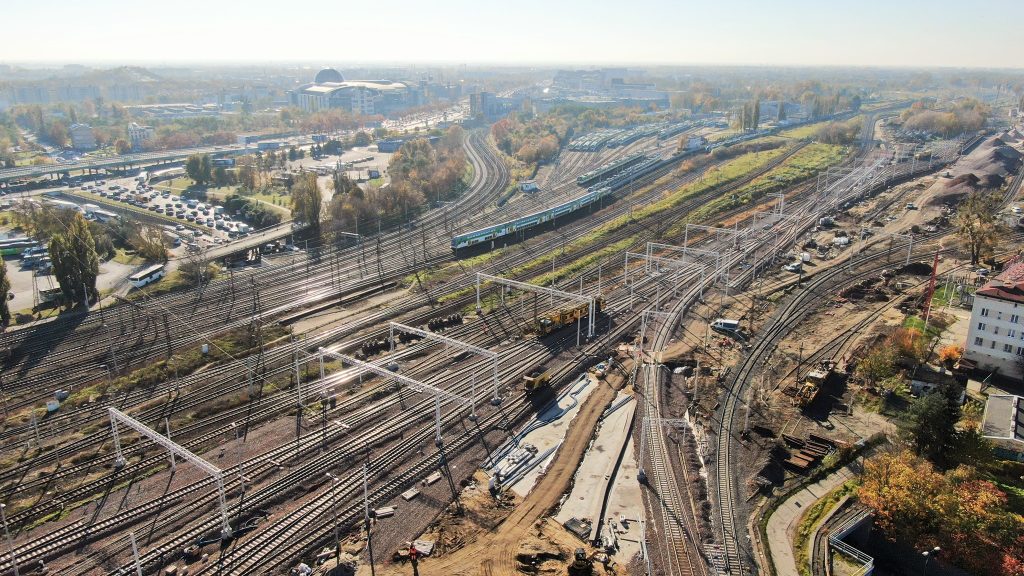 The Members of the European Parliament Transport and Tourism Committee (TRAN) adopted the position on the review of TEN-T Regulation proposed by the European Commission.
The Members of the European Parliament Transport and Tourism Committee (TRAN) adopted the position on the review of TEN-T Regulation proposed by the European Commission.
The draft negotiating mandate was approved on April 13, 2023, by 44 votes in favour, none against and one abstention. Transport Committee MEPs also unanimously backed a decision to start talks with member states on the final shape of the legislation, once plenary gives its green light next days.
The Transport and Tourism Committee advocates for unified technical and operational standards for each transport mode and stress that intermodal transport should be primarily done by rail, inland waterways or short-sea shipping, while any initial or final legs can be carried out by road. This should translate into fully electrified railways in the core TEN-T network, running with at least 160 km/h passenger and 100 km/h cargo trains, which could cross internal EU borders in less than 15 minutes by the end of 2030.
“Everybody is talking about shifting transport to rail. However, while cars, trucks or planes can cross EU borders without any problems, trains, especially cargo ones, are forced to stop at borders, sometimes for hours, to adapt to the requirements of different member states. That is why it is particularly important to ensure that rail border crossings should take no more than 15 minutes, and there should also be slots for freight trains allocated across borders. It is ambitious, but necessary if we want to succeed in shifting traffic from road to rail,” Co-rapporteur Barbara Thaler said.
MEPs ask member states to adopt sustainable urban mobility plans by the end of 2025 to integrate different transport modes, including cycling or active mobility, reduce congestion and improve road safety. This plan should become one of the conditions to get EU funding.
MEPs have also reaffirmed a need to complete major transport infrastructure projects by the end of 2030 on the core TEN-T network, and by the end of 2050 on a comprehensive network focused particularly on eliminating bottlenecks and missing links and better empowering 11 European Coordinators (for nine corridors and the two horizontal priorities). To incentivise a quick roll-out of these projects, MEPs support the introduction of an intermediary deadline of 2040. In the event of a significant delay, MEPs suggest the Commission should immediately launch an infringement procedure and reduce or terminate funding.
“We are facing too much delay on the ground. Europe is starting to lag behind our international competitors, and the Union is suffering from too little investment and a lack of political will from the member states. As such, Parliament will make sure that we have a TEN-T regulation which works and delivers for our businesses and citizens,” Co-rapporteur Dominque Riquet said.
MEPs also backed cutting transport infrastructure projects with Russia and Belarus due to the war and enhancing instead the partnership with Ukraine and Moldova. MEPs want EU governments to exclude non-EU businesses from participating in major TEN-T projects, if the Commission deems them to be a security risk.
When constructing or upgrading TEN-T infrastructure, EU countries would have to ensure seamless transfer of military troops and material within the EU, say MEPs. Within one year after the new rules enter into force, the Commission would conduct a study on short-notice large-scale movement to facilitate military mobility planning.
Share on:



